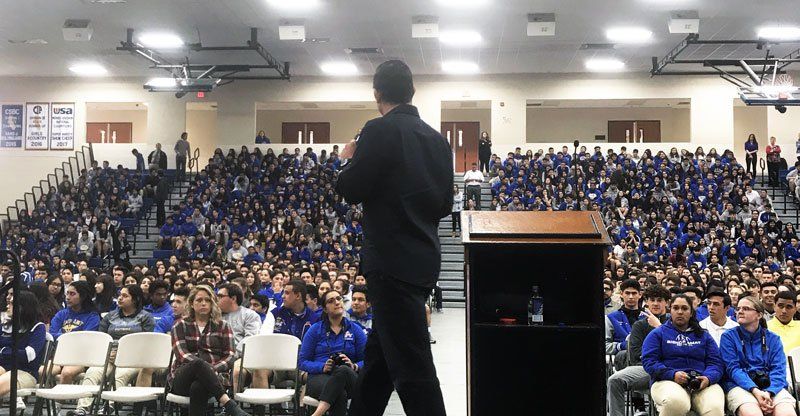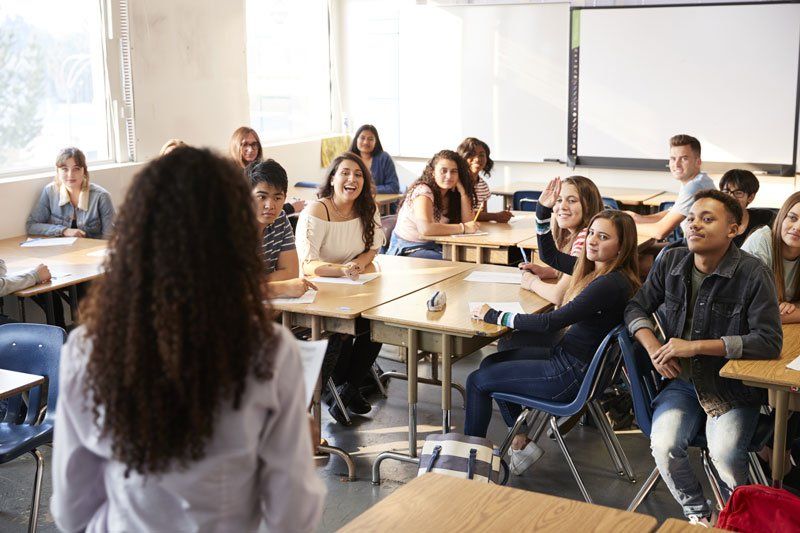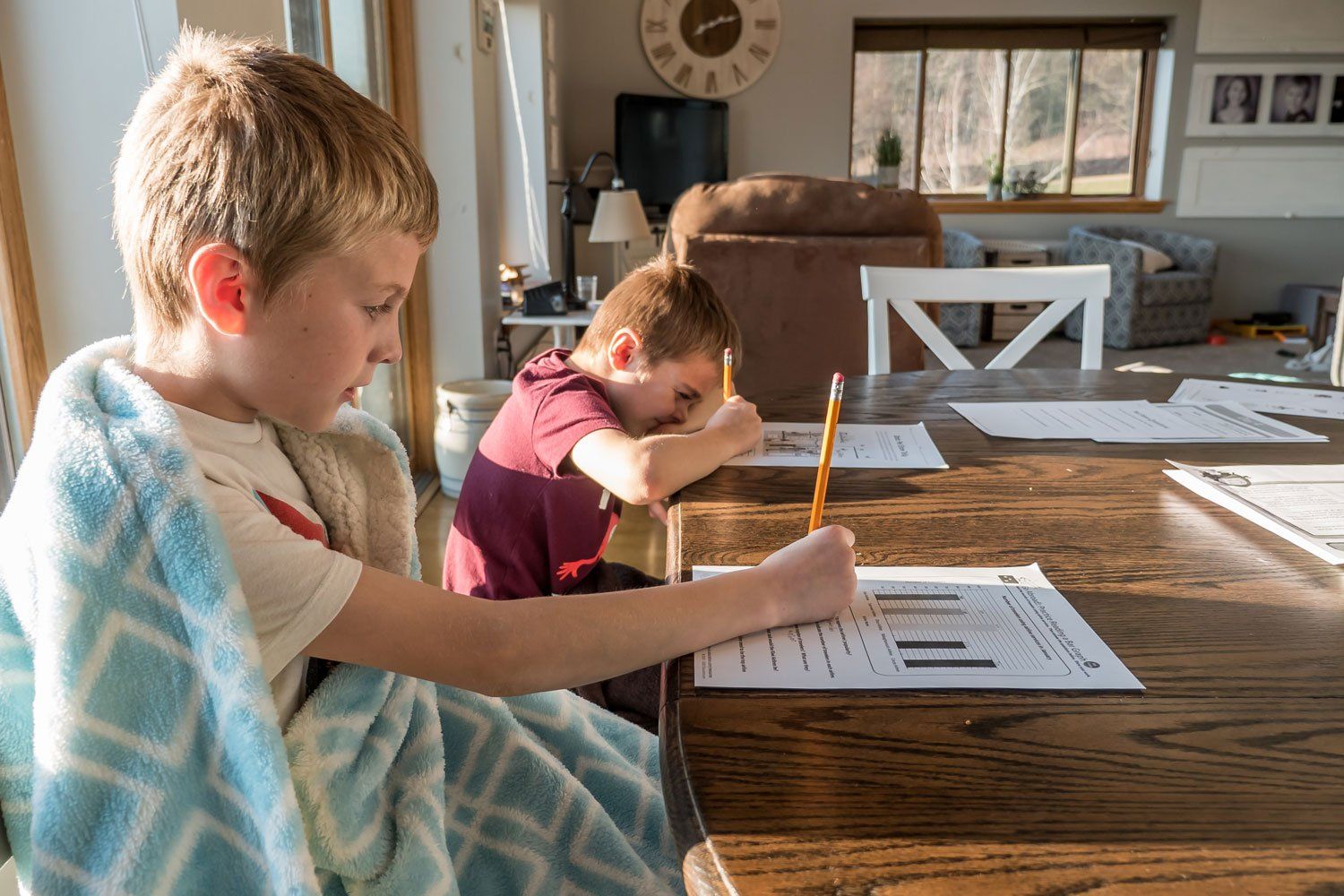The Weichman Clinic
Dr. Weichman’s innovative counseling and treatment center for children and teens.
The Weichman Clinic, founded by Dr. Jerry Weichman provides comprehensive mental health services, evaluations, diagnosis and collaborative treatment. And, we do it all in one place with a special focus on the unique physiological and psychological needs of children and adolescents.
Recent Insights
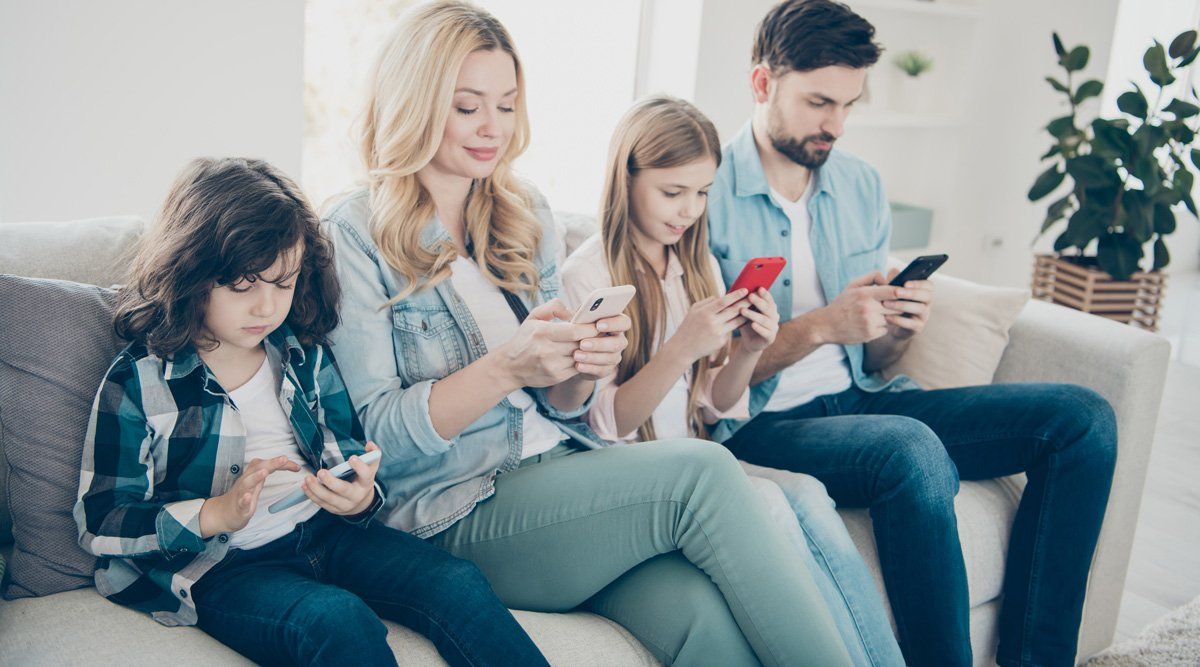
Remember life before smartphones? Adults and kids alike had to meet up someplace to share experiences, socialize and to organize social events. Email made sending and communicating quick and easy, but you had to have access to a cable modem or phone line to login and retrieve your messages... While initially smartphones were almost exclusively used by adults, we quickly began putting these devices into the smallest of hands, allowing the power and broad scope of the internet into the intimate spaces of our lives and our children. Arguably, this single trend has done more to influence teenage behavior than any other event in history. Teenagers have an insatiable appetite for digital interaction and social media. According to a 2018 Pew Research Center Study on Internet and Technology, 95% of teens have access to a smartphone and 45% say they are online 'almost constantly.' Group chats and 'hangouts' replace hanging out after school or gathering on weekends to make plans. Being left out of one of these groups or removed from a group text can make a child feel like an outlier and bring them quickly to levels of anxiety and depression that used to take weeks or months of bullying and social exception to achieve. Research strongly suggests that human to human, hands-on interaction is the most beneficial for a child's socio-emotional development. Screen time has become the primary source of information and entertainment for children, and as a result has a negative effect on their socio-emotional development. In my experience and in my practice, we see children who because of the lack of human to human engagement have impaired empathy, low communication skills, and higher levels of depression and loneliness. So what should you do to help your child create a healthy balance between screen time and human contact? Here are some of my thoughts on ways to restrict your child's screen time without power struggles and family conflict: 1. Get them to sleep. The National Sleep Foundation recommends 9 hours of sleep a night. Enforce a power down at least one hour before bed. That means everyone in the family puts their phones away until morning. Charge devices in your master bedroom and invest in a good, old-fashioned alarm clock for your teen's room. If you want to allow music or audiobooks to assist your child in falling asleep, consider running them off a device placed in another room but connected by Bluetooth. 2. Limit screen time. The American Medical Association recommends no more than 1-2 Hours of screen time a day. If they need more time to complete homework or assignments, create 10-15 minute breaks every thirty minutes to stretch, walk the dog or have a snack. And no phones, computers or laptops in bedrooms - with access to the internet, teens will troll the social media sites and text until all hours of the morning. 3. Set boundaries and encourage social time. Set clear and consistent rules and expectation on screen time and make sure both parents agree and support it. Establish a no-phone at the table policy for everyone [including parents] when eating meals, whether at home or out. And, organize and facilitate in-person extracurricular activities, sports, hobbies and social get-togethers as much as possible. 4. Remember you are the role model. Practice and model the same behavior you want your kids to do. If you sneak your phone under the table, pick it up to read a text when they are talking to you or surf your social media all day long then your kids are going to see that and model that behavior as well. A good balance of social and family time is good for everyone!
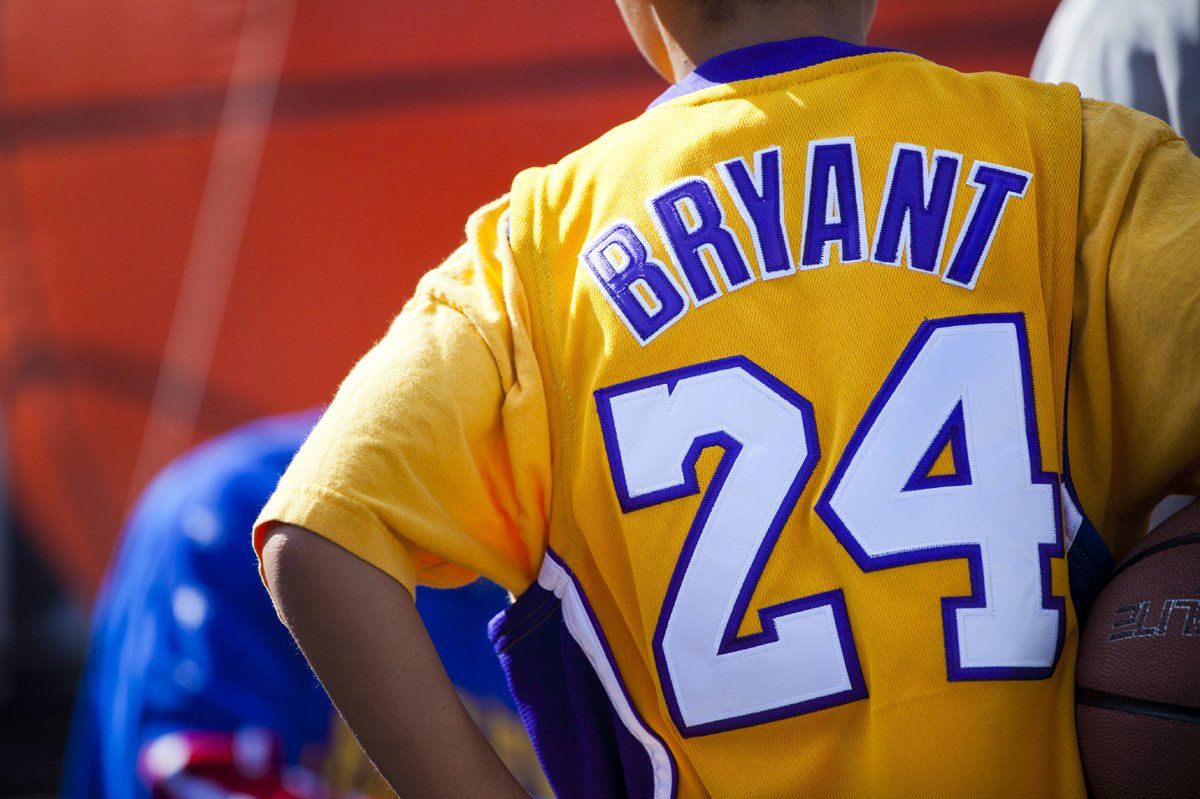
A senseless tragedy like this is unfathomable, unexplainable and incredibly painful. As loving parents, or even simply just as human beings, it is our natural tendency to try and make sense of horrible situations-especially those that catch us off guard. We are never going to be able to make sense of tragedies, particularly ones that affect us so close to home. We will never know all of the details, and even if we did-we still would not be able to explain it to our children in a way that would make complete sense or in some way seem less unfair. If there is any silver lining to a situation like this, it is the opportunity for parents and kids to have more open dialogue about the struggles we all experience in life and to discuss the appropriate tools to combat them. Monday morning I was on campus to talk about the tragedy and the ways parents can help your children deal with the loss of a friend or loved one. What follows are some of the thoughts and advice I shared with the students, parents and staff of the Harbor Day School community. THOUGHTS AND ADVICE I SHARED WITH THE STUDENTS: When grieving, the more you can express your feelings, the faster you will get through the grieving process. You can express your grief not only through talking but also through crying, journaling, and creative outlets such as making videos or music. No two people grieve the same way, but there are several ways for you to process what you are feeling right now. Remember how Gianna, Mrs. Mauser, Kobe and all of the victims shared their life philosophies-either through words or by example. They would want you to use this opportunity to take the lead from them and to carry on doing the great and caring things they did for all of you. You can honor our loved ones by becoming a mental fighter. Kobe, Gianna and Mrs. Mauser would want you to fight by: Believing when things get tough you have to get tougher Knowing life never gives you anything that you cannot handle Don't give up fighting for yourself-don't let adversity beat you down. Use it to fuel you Convert your emotional pain and frustrations into productive energy to work harder and be as productive as possible Approach everything in your life with an "I've got this" mindset When you talk about Kobe, Gianna and Mrs. Mauser focus on the positives like telling funny stories, happy memories and discussing things you learned from them or admired about them. Remember them for their lives, not for the way they passed on. Try not to spend too much time in person or online getting wrapped up in the RIP memories, memorials and negative people. Too much negativity can lead to unhealthy levels of depression and anger. Accept that this tragedy happened in your past but focus on living in the present. You can do this by engaging your five senses to put yourself in the present. Close your eyes; what do you see, hear, taste, smell and feel on your body right now? MENTAL HEALTH TOOLS I SHARED WITH THE PARENTS As a parent, you can’t protect your children from grief, but you can help them express their feelings, comfort them and help them feel safer. Talk about adversity and how it is not simply, “Well, these things happen.” Getting through this is more about how we react and respond to tragedies and loss such as this. Ask your child how they are feeling and validate their response that it is normal to feel this way in situations like this. Children often ask about why bad things happen to good people or focus on how unfair this situation is. You can respond honestly by saying things like, “I honestly do not know,” or, “I agree with you. It is incredibly unfair.” Share your own reactions with your child; “It makes me feel really sad for the families.” Understand and watch for the stages of grief in your children; shock & disbelief, anger, bargaining, depression and then acceptance. These stages are not linear and can come in any order, at any time. Deal with your own reactions first. Children use parents as a social-reference and look to you for appropriate reactions to grief. While it is important for your children to see it is acceptable to be sad, upset or grieving, please know too much can negatively impact them. Take cues from your child. If your child wants to talk about this issue, be there for them. If not, allow them the space and time to process it. Do not volunteer too much information—it may be overwhelming. Instead, try to answer your child’s questions and do your best to answer honestly and clearly. Rumors are bound to come up and they can create a frenzy of new anxiety. If you have been hearing rumors about the deaths, chances are so has your child. Explain that some of the rumors may be true, but they are only part of the story and we have to be careful not to make judgements based on limited information. Your children might now be concerned about your passing. Don’t forget your social referencing cues and reactions. Respond simply and positively, “You have nothing to worry about. I plan to live a very long life.” Warning Signs: A drastic change in eating habits (more or less) If they are sleeping too much or too little Any significant drop in their grades If they do not have as much enjoyment in normally enjoyable activities Sudden concentration problems that did not exist before New complaints of body aches (headaches, backaches, stomachaches, etc.) that do not have a medical basis after being checked by a physician Social isolation A new level of irritability or a sense of becoming easily overwhelmed If you’re seeing any of these signs you should consider having your son/daughter evaluated with a professional. You just need one. If your child needs any assistance, The Weichman Clinic has child & adolescent psychologists specifically trained in grief, loss and trauma as well as depression, anxiety and stress related disorders. Let’s together do our best to honor the lives of the individuals who have passed by helping our children learn, change and grow not just from this situation but for life. This is the best way to take positives out of senseless tragedies and it is not only what those individuals would want, but what they stood for and how they lived their lives.




